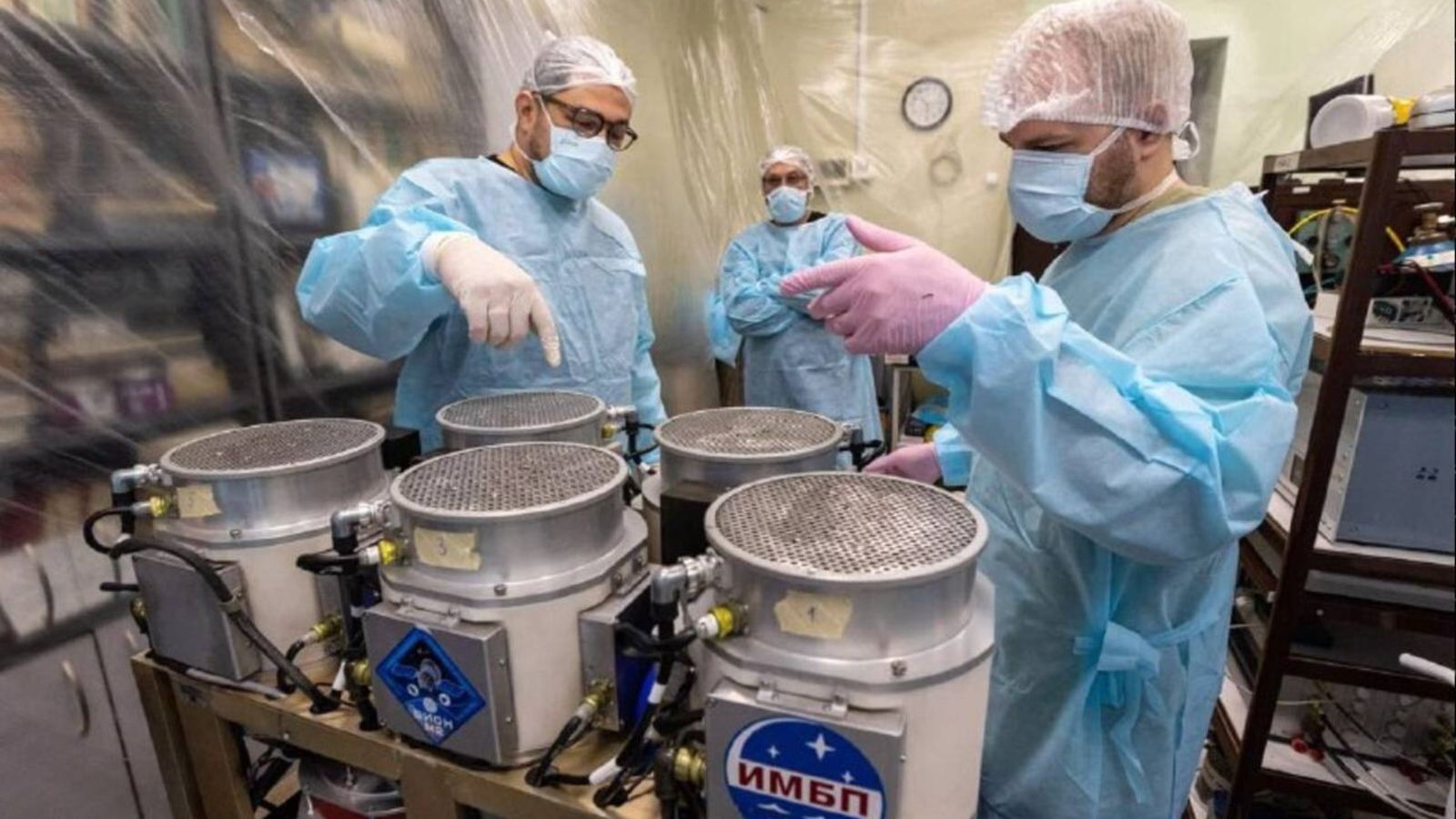Russia is preparing for a groundbreaking biological experiment in space. On August 20, the nation will launch the Bion-M No. 2 satellite, carrying 75 mice and 1,000 fruit flies into orbit. This mission aims to study how spaceflight affects living organisms over the course of a month-long journey circling Earth.

Scientific Goals of the Mission
Scientists hope to gather invaluable data by monitoring the health and behavior of these animals in microgravity. Understanding the impact of long-duration spaceflight on mammals and insects will help pave the way for future human missions to the Moon, Mars, and beyond. The Bion-M satellite’s unique design allows researchers to closely observe physiological changes, genetic adaptations, and other key effects caused by the space environment.
Why This Research Matters
This mission continues Russia’s legacy of pioneering biological research in space. The findings will inform safety protocols and medical procedures for astronauts on long-term missions. With international interest in exploring deep space increasing, such experiments are crucial for protecting life beyond Earth.
















